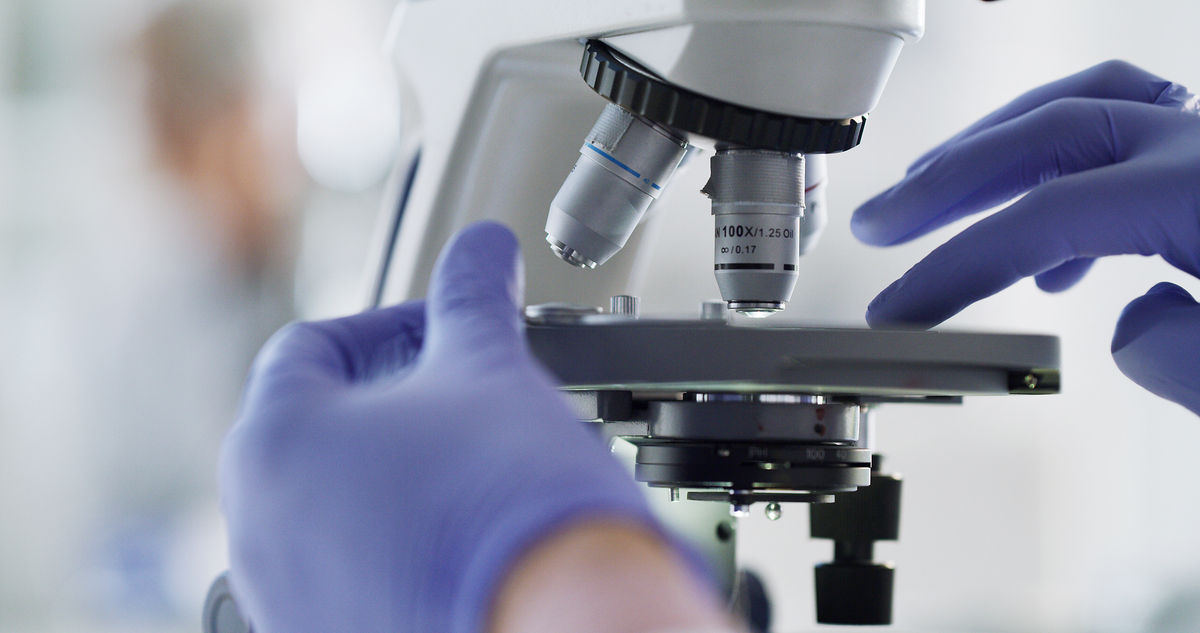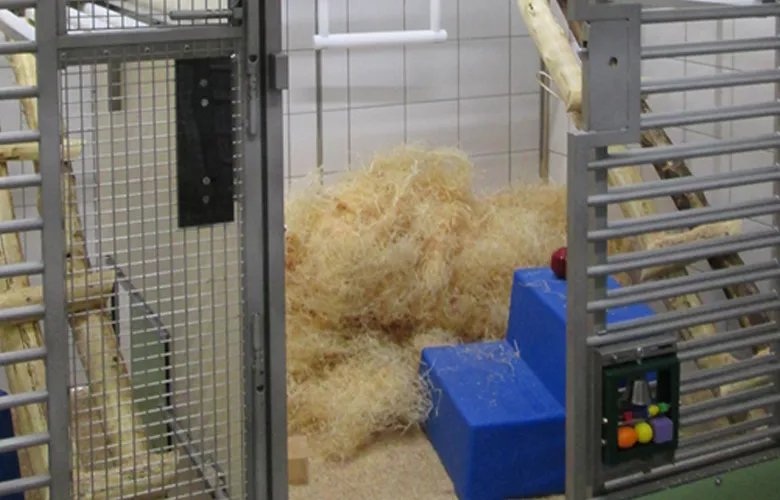-
Extensive NHP DART experience with 120+ studies in pregnant NHPs and 25+ (e)PPND studies
-
Social housing is standard for NHP DART studies
-
DART expertise and capacity with more than 70 studies conducted in small models each year
SEG I studies: Fertility & early embryonic development
- External genitalia
- Reproductive organ exams
- Reproductive performance
- Biochemical and hormonal parameters
- Sperm motility
- Sperm morphology and staging
- Estrus and menstrual cycle determination
- Testis volume and biopsy
- Prostate volume and biopsy in nonhuman primates
SEG II studies: Embryo fetal development
We know this study is critical to the labeling of your compound and must meet required regulations. Partner with experts in teratology who have extensive experience in fetal evaluation and maintain an expansive in-house historical control database. We help you look for external, visceral and skeletal anomalies. We also provide fetal observations, pathological findings, and amniotic fluid and fetal blood collection and analysis.
SEG III studies: Prenatal and post-natal development
You get a partner with the scientific expertise and specialized resources you need for the assessing juvenile neurobehavioral endpoints — including NHPs, rodents and rabbits. We study sensory and motor reflexes, motor activity, learning and memory assessment, as well as sexual maturation and reproductive performance.
Enhanced pre- and post-natal development studies
We can do everything you might find in SEG II and III studies, but use fewer non-human primate models. This optimized study design can help you evaluate the functional consequences of mid to late gestational exposure. This analysis can be very insightful when assessing risk in monoclonal antibodies.
Juvenile studies
With recent regulatory legislation, pediatric safety assessment has evolved to become much more than just a good practice — it’s the law. But studies conducted with juvenile research models bring a host of new challenges, including appropriate species selection and husbandry, along with a clear understanding of your endpoints.
Receive strategic insight to determine the most appropriate design path, before you start.
We have the experience to execute these logistically complicated studies, and can help you to determine the most cost-effective and socially responsible means to get the safety assurance you need.
Infusion & specialty techniques
Why partner with Labcorp for your DART studies
NHP DART studies are some of the most challenging given the inherent conception risks.
We offer advancements in NHP DART studies, such as EU-compliant housing and our novel 3-Pillar approach, which has resulted in higher than average conception rates and lower than average pre- and post-natal losses.
These advancements translate into less overall risk, better adherence to your timelines and an overall higher ROI for you.
We know that every detail matters for your study. That’s why we’re dedicated to pioneering advances in animal welfare and enrichment to benefit your DART and/or NHP DART program. We start by offering a variety of fit-for-purpose housing — from solid-bottom caging, to social housing and EU-compliant configurations — our options enable model comfort and enrichment, translating into sensitive data collection for precise insights about the impact of your novel compound.
In addition, we are pioneers in advancing NHP DART studies through a unique “Three-Pillar Approach” that was developed and refined at our Münster, Germany (Europe) and offered at both our Münster and Madison NHP Centers of Excellence. Our “Three-Pillar Approach” provides an enhanced housing design that exceeds EU guidelines for minimum cage dimensions, a rigorous training program for both animals and staff, and systematic cage mate selection that is based on model behavior, for improved social pairing.
To address special study requirements, we have also pioneered the use of other cutting edge innovations and techniques. The following are just a few examples. Imaging with un-sedated use of ultrasound can help eliminate the potential effects of anesthesia in your study results. Continuous infusion can help meet your specialized delivery requirements — even in the smallest rodents. Quantitative behavior monitoring with any maze or EthoVision technologies, can help you assess neurobehavioral endpoints, even with free moving models.
Further, the study segments can be performed separately or as a single study in any combination — depending on your specific needs. As your partner, we consult with you on fit-for-purpose study design to keep your DART or NHP DART program on track.
DART can be a long, complex and expensive part of your drug development journey. You need a partner with specialized reproductive and developmental toxicology experience to design and perform your studies effectively; innovative techniques and the capacity to enable you to meet your timelines efficiently; and regulatory know-how to navigate the guidelines and ensure you meet all requirements compliantly


